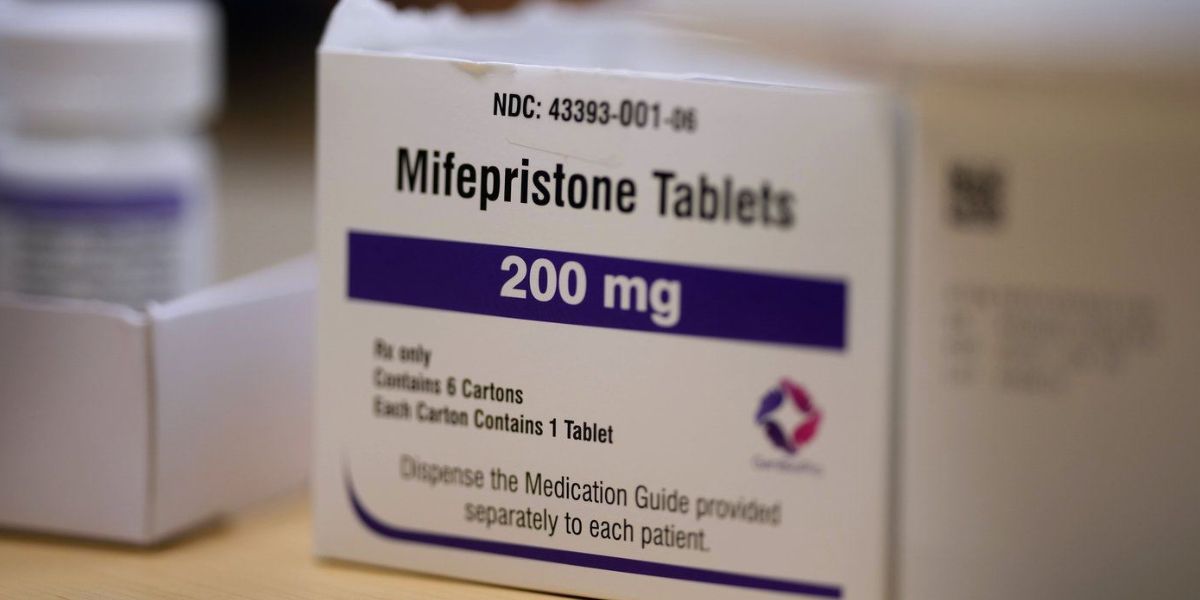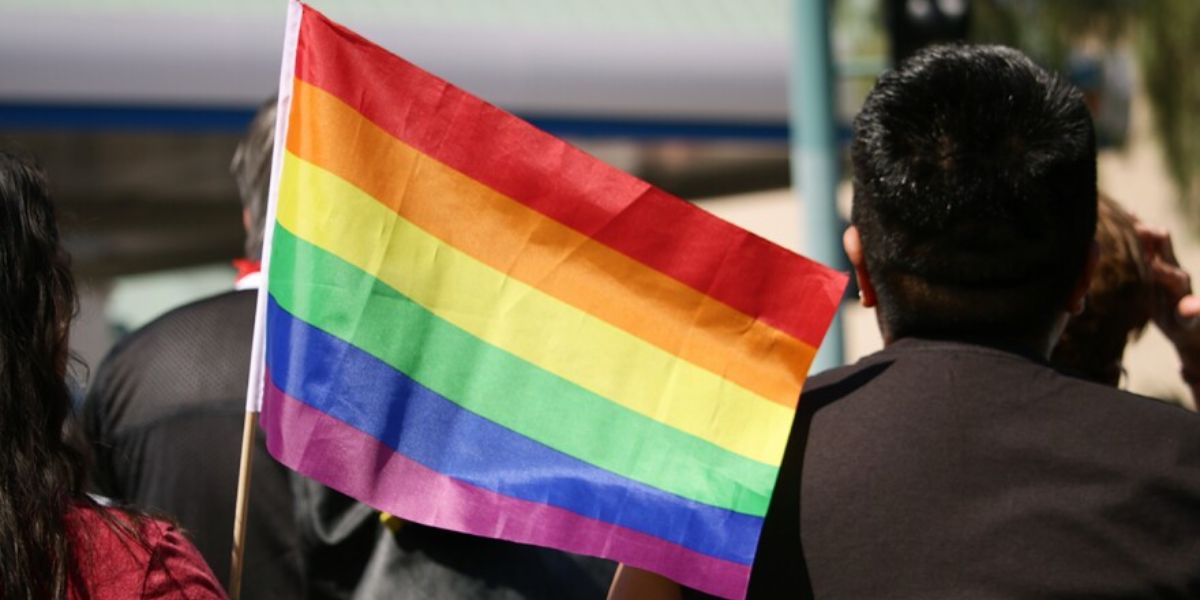A bill that targets out-of-state physicians and activists who manufacture, distribute, or sell pregnancy-ending medications to citizens of Louisiana, a consistently red state where abortion is illegal with few exceptions, was approved by lawmakers on Tuesday.
Under Louisiana law, women can already file lawsuits against medical professionals who perform abortions on them. By the measure, more people can be sued.
It covers those from outside the state who might be in charge of an illegal abortion, such as writing a prescription, sending, or “coordinating the sale of” pregnancy-ending medications to a person in Louisiana…
The bill is now on its way to hardline Republican Governor Jeff Landry, severely restricting access to abortion drugs.
Attorney General Liz Murrill stated last month that the bill was drafted in response to a criminal case involving a New York doctor who allegedly mailed abortion pills to a pregnant Louisiana minor after prescribing them online.
The bill is “another tool in the toolbox,” according to Murrill, to deter and hold out-of-state physicians who are “intent on violating our laws” accountable.
A dispute between liberal and conservative states over abortion pills and their cross-state prescriptions is centered on this case. Similar measures are already in place in Texas, Oklahoma, and Idaho.
Presenting the bill, State Senator Rick Edmonds informed members that it makes “a statement” that “these pills are not welcome” in Louisiana.
The fetus’s mother might file a lawsuit against “any person or entity” that “knowingly performs, causes, or substantially facilitates an abortion” under the law.
“The bill defines “substantially facilitates” as ”administering, prescribing, dispensing, distributing, selling, or coordinating the sale for an abortion-inducing medicine to a person in this state.”
The law makes it clear that obtaining such pharmaceuticals for legitimate purposes is exempt from its application.
Only when there is a significant risk of death or disability for the mother if the pregnancy is continued, or when the fetus has a fatal defect, are abortions permitted in Louisiana.
Women could file a lawsuit up to ten years after an abortion.
Exempt are pharmacists who follow the regulations of the state pharmacy board and medical professionals who are authorized to practice in Louisiana.
Considering that Louisiana has some of the most stringent abortion restrictions in the country, opponents contend the bill is superfluous. They also contend that the law makes it harder for women to get health care and that more severe legal consequences would force physicians out of the state.
The bill was drastically diluted from its original form, but Democratic state senator Royce Duplessis called it the latest attempt by Republicans to “exercise control over women’s decision making as it relates to their health care.”
Read Also: NY Senate Passes Doctor-Assisted Suicide Bill, Awaits Governor Hochul’s Signature
In Louisiana, there are already penalties for unlawful abortions. Convicted doctors could spend up to 15 years behind bars. Furthermore, lawmakers last year put misoprostol and mifepristone, two abortion medicines, to the state’s list of harmful banned substances.
As a result, a person who obtains either medicine without a prescription faces a one to five-year jail sentence.
Louisiana law still has “loopholes,” according to anti-abortion activists.
Murrill cited Margaret Carpenter, a New York physician who was accused of committing a felony in Louisiana: illegal abortion by way of abortion-inducing medications.
According to authorities, the mother of a minor child who was pregnant last year ordered abortion drugs for her daughter online. According to reports, the mother instructed her pregnant daughter to take the pills after Carpenter shipped them to Louisiana.
The Democratic governor of New York, Kathy Hochul, stated she will not extradite Carpenter in spite of Louisiana officials’ demands.
The case seems to be the first of its kind since Roe v. Wade was overruled by the Supreme Court. It will probably put to the test shield laws in other states that safeguard physicians from prosecution in states where abortion is illegal.
For allegedly breaking Texas law by giving a lady an abortion prescription over telemedicine, Carpenter faces a $100,000 penalties. But a county clerk cited New York’s shield statute and declined to file the civil judgment.



